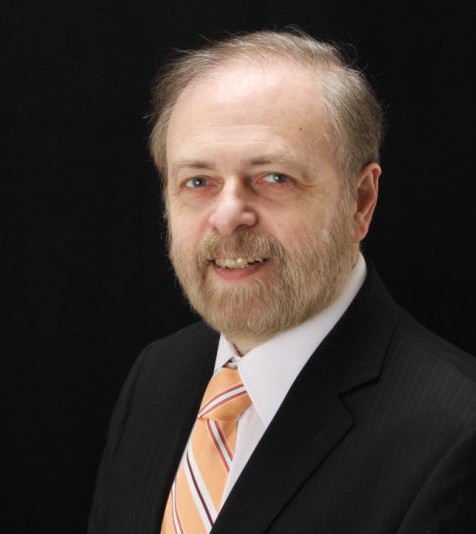By Lu Ann Franklin
Published by the The Times of Northwest Indiana – September 23, 2014
At sundown Wednesday, the most sacred 10 days in Jewish spiritual life begin as Rosh Hashanah ushers in the Jewish New Year with traditions that date back thousands of years.
Called the Day of Judgment, Rosh Hashanah marks the beginning of a 10-day period of prayer, self-examination and repentance that culminates on Yom Kippur, the Day of Atonement, which takes place at sundown on Oct. 3, said Rabbi Mordecai Levin of Congregation Beth Israel in Munster.
“These 10 days are referred to as Yamin Noraim, the Days of Awe, or Aseret Yemei Teshuvah, the Ten Days of Repentance,” Levin said of the High Holy Days.
“Rosh Hashanah takes place on the first and second days of Tishrei, the first month of the Jewish calendar, and Yom Kippur is the 10th day,” he said about Jewish calendar which is based on a lunar cycle.
Prayer and reflection, self-examination, repentance and reconciliation are central to the 10-day period, Levin said.
“Prayer is like a beam thrown from a flashlight before us into the darkness,” he said.
“As we join in prayer during these sacred days, we try to gain strength to improve ourselves as part of a community of faith. We try to return to God’s path,” Levin said. “We pray that God will illuminate our way forward. And we journey together toward a more meaningful year.”
That new year can only be meaningful if Jews repent and reconcile wrongs, Levin said.
“We are called to repent from wrongdoing. But to repent is not enough. We have to repair the damage we’ve done,” Levin said.
Sometimes that damage can be words spoken in the heat of the moment “especially with family,” he said. Other times those wrongs are very serious, even heinous, the rabbi said.
“If we have done damage to someone else, we need to talk to the person and ask forgiveness,” he explained. If the person wronged is now dead, “we must ask God’s forgiveness,” he said.
Rosh Hashanah and Yom Kippur also represent “a time to review our life, to rejoice with the good things and be thankful for our blessings,” Levin said.
That message is universal, touching the hearts of those who regularly practice Judaism, those of Jewish heritage who are not religious and those of the world’s other faiths, the rabbi said.
Being kind to others, helping those less fortunate and working for reconciliation in the word major tenets of Judaism, Levin said. During the High Holy Days, those attending services or visiting Congregation Beth Israel are reminded to leave donations of food in the foyer for the food drive sponsored by the CBI Social Action Committee, he said.
Some 400 men, women and children are expected to attend the 6 p.m. Rosh Hashanah services Wednesday at Congregation Beth Israel, 535 Progress Ave., Levin said. Other Rosh Hashanah services will be held at 9 a.m. Thursday and 9 a.m. Friday at the synagogue.
During those services, the story of Abraham will be read from the Torah, scrolls that are hand-written in Hebrew on leather parchment.
“This goes back 3,700 years to the beginning of Judaism. Abraham was the first to believe in one god,” Levin said.
The Torah is handwritten “because we keep the way it was in the past. It may take a year to write, and the scroll can’t have one mistake.”
Another highlight of the High Holy Days services is the blowing of the shofar, a ram’s horn prepared for use as a musical instrument, Levin said.
“The shofar is evocative of God’s revelation at Mount Sinai, which was accompanied by the sounding of the shofar. By hearing it again, we are reminded to commit to the teachings of the Hebrew Bible, as our ancestors did,” the rabbi said.
That sound is also “like an alarm clock,” Levin said. “It says ‘Awake from your slumber, you who have fallen asleep in life, and reflect on your deeds.’”
 is the rabbi of Congregation Beth Israel in Munster, IN. He received his rabbinic ordination from the Latin American Rabbinical Seminary, and is a member of the Rabbinical Assembly. In 2010, he was awarded an Honorary Doctorate of Divinity from the Jewish Theological Seminary in New York City for his years of dedicated service to the Conservative movement and the Jewish community...
is the rabbi of Congregation Beth Israel in Munster, IN. He received his rabbinic ordination from the Latin American Rabbinical Seminary, and is a member of the Rabbinical Assembly. In 2010, he was awarded an Honorary Doctorate of Divinity from the Jewish Theological Seminary in New York City for his years of dedicated service to the Conservative movement and the Jewish community...